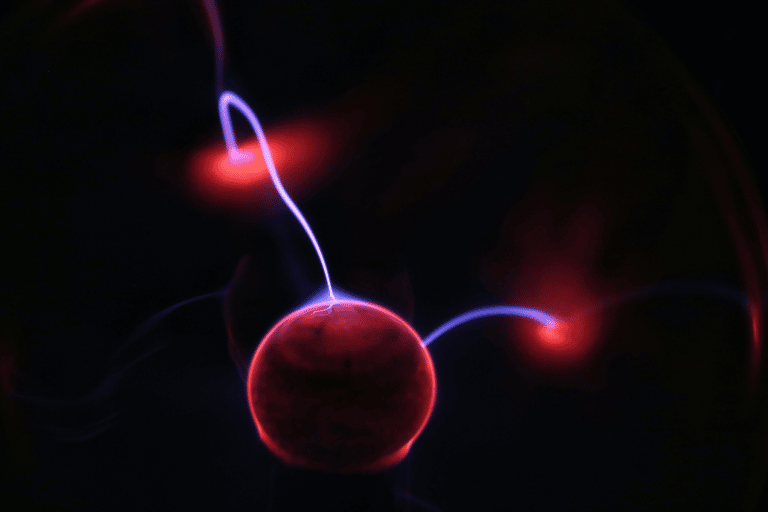As discussed in Mark Bloomberg’s July 2022 article, The Public Perception of Quantum Computing, quantum computing still seems to most people like science-fiction.
The technology is difficult to understand without expertise in computer science, physics, and advanced mathematics. For the moment, quantum computing still fits within Arthur C. Clarke’s third law: “Any sufficiently advanced technology is indistinguishable from magic. However, recent developments in late 2022 are showing new initiatives in applying quantum computing to solve real problems, advancing from theory to practice.
In early December, Quantum Computing Inc. (“QCI”) put out a press release announcing a partnership with Rabobank to apply quantum computing to detect fraudulent financial transactions.
Fraudulent transactions have been and continue to be a huge problem for banks and other financial services providers. The global fraud detection market had a total market size of over $25 billion in 2021, and is expected to continue to grow quickly over the next decade. Businesses in the fraud detection market already have done a lot of work in using machine-learning and artificial intelligence systems to improve fraud detection, but the QCI/Rabobank partnership looks to improve on the speed and accuracy of existing systems with QCI’s photonic quantum computer technology.
On December 15, 2022, Chinese company SpinQ announced its development of three “portable” quantum computers targeted at educational uses. The three announced products are designed to be small and cheap enough to be purchased and used by schools, if not quite cheap enough for home use—they are expected to range in price from about $8,000 to about $57,000. They are limited by their size to three qubits, making them too limited for any serious quantum applications, but are intended to make quantum computing more accessible to the general public. The form of qubits SpinQ is using have not shown entanglement capabilities in the past, making it unlikely that they can take advantage of quantum entanglement to improve computing performance. Still, SpinQ’s announcement shows, if nothing else, that there is movement and progress towards the development of home quantum computers.
Also in early December, Korean automaker Hyundai announced an expansion of its partnership with IonQ, looking into applying quantum computing to autonomous vehicle systems and battery chemistry.
Hyundai and IonQ hope to use the power of quantum computing to improve their understanding of the chemical reactions that power batteries in order to improve battery efficiency. They also hope to use quantum computing to improve on existing machine learning and AI methods for detecting and identifying objectives around a moving vehicle.
These developments are a sign that quantum computing is moving beyond both academia and the tech sector, as quantum companies are entering into partnerships with established industries to solve real problems with quantum computers. They are, accordingly, a significant sign that while quantum computing may still feel like science-fiction, it is already becoming commercially viable today.





